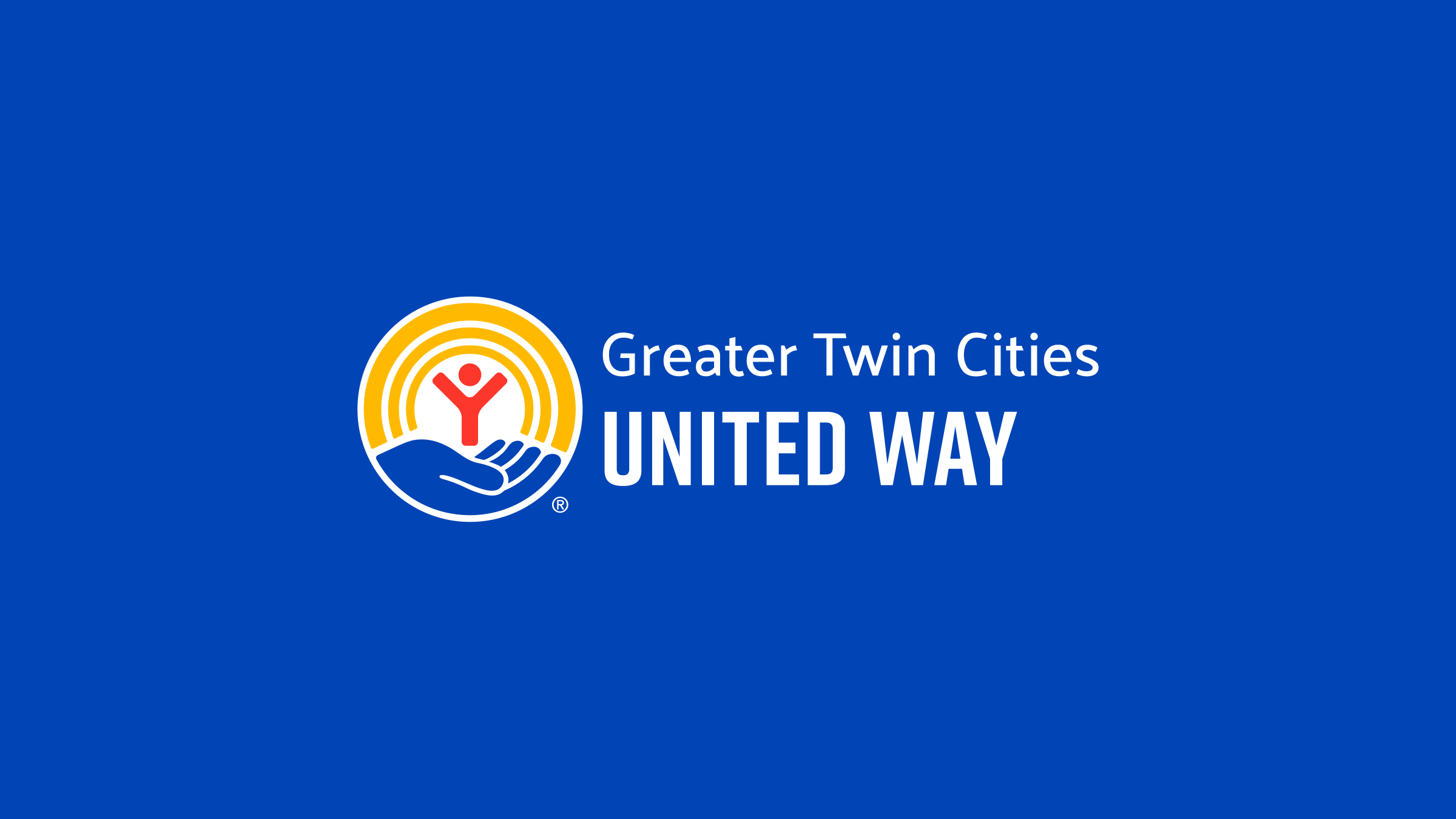
Civil rights activist Grace Lee Boggs insightfully said, “Real wealth is not material wealth, and real poverty is not just the lack of food, shelter and clothing. Real poverty is the belief that the purpose of life is acquiring wealth and owning things.” Real wealth relates to our deepest need as humans to develop our capacities to relate to others, the land and the universe.
However the reality is, as the artist Kanye West said, “Havin’ money ain’t everything, but not havin’ it is.” Wealth is also about the ability to have meaningful options. Put powerfully, by sociologist Melvin Oliver, “Income feeds your stomach, but assets change your head.”
Understanding that wealth is not just about income, but about access to resources that afford the ability to plan and growing our connections to do this in an equitable way, Greater Twin Cities United Way’s Economic Opportunity impact area looks to Community Wealth Building approaches to inform our work.
From the Democracy Collaborative, “Community Wealth Building is a system-changing approach to community economic development that works to produce broadly shared economic prosperity, racial equity and ecological sustainability through the reconfiguration of institutions and local economies on the basis of greater democratic ownership, participation and control.”
Community Wealth Building centers community self-determination to:
Community Wealth Building is reparative and inclusive. It delivers for those who have historically been the most excluded and exploited.
United Way’s Economic Opportunity impact area has traditionally focused on increasing incomes through career pathway training, leading to job placement and advancement. We have also supported increased access to services where financial goals are set and achieved.
Toward tackling racial disparities in wealth, not just income, we have expanded the Economic Opportunity portfolio to include three distinct strategies.
We remain committed to elevating participant-centered employment and training programming that results in individual-level career growth. We look forward to lifting up best practices that demonstrate nonprofits and employer partnerships in this area.
Our support targets culturally responsive nonprofits providing business development and access to capital to entrepreneurs and small business owners. Through entrepreneurship, individuals increase personal wealth and directly enhance the economic lives of local communities. It is also a pathway to addressing ever-growing racial wealth gaps.
Innovations to financial products are needed for communities who have been historically excluded from accessing mainstream financial tools. These innovations center the financial health of Communities of Color by helping them to protect and grow their assets.
We recently held a Community Connection Series event highlighting our Economic Opportunity enhancements and featuring two nonprofit partners who are leading in this area.
Guests from Hope Community, including Shannon Smith Jones, Will Delaney, Maggy Otte and Malyun Yahye, spoke about their work in financial accessibility. The organization works at the intersection of housing and authentic community engagement in Minneapolis’ Phillips neighborhood. They have developed an innovative approach to preserving local homeownership and increasing wealth building through their Community Ownership Project, which uses a land trust model to help first-time home buyers purchase duplexes, become landlords and spread wealth back to the community. Shannon Smith Jones shared that Hope Community continues to work with participants well beyond home purchase: “We keep in relationship with families so we can help them problem solve, recommend equitable vendors with fair prices, and help resource them.”
Luke Weisberg from East Side Employment xChange and Rachel McCaffrey from American Indian Family Center discussed the xChange’s innovative cross-sector partnerships to drive racial equity change in workforce development. The group works to create more equitable employment opportunities for St. Paul East Side residents using community engagement and employer relationships. Their model ultimately seeks to change the jobseeker experience. “There’s so much we can learn from each other,” said Rachel McCaffrey on the important insight that culturally specific organizations provide in this space.
United Way recently announced that both of these nonprofit partners have been selected for 2022-2025 Community Investment grants. We look forward to the limitless possibilities for collaboration and invite you to join along!